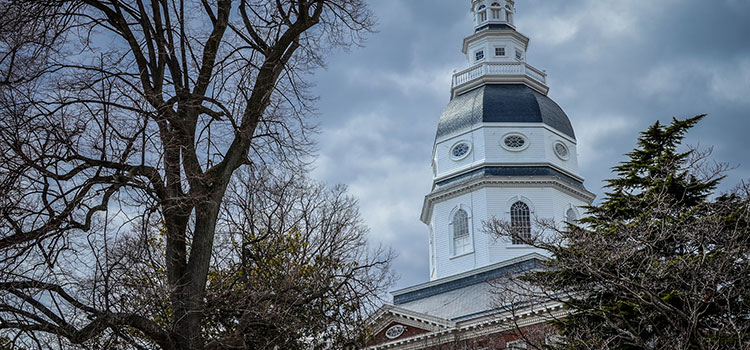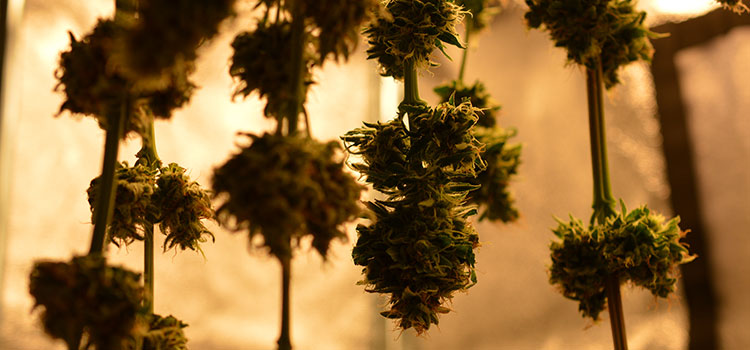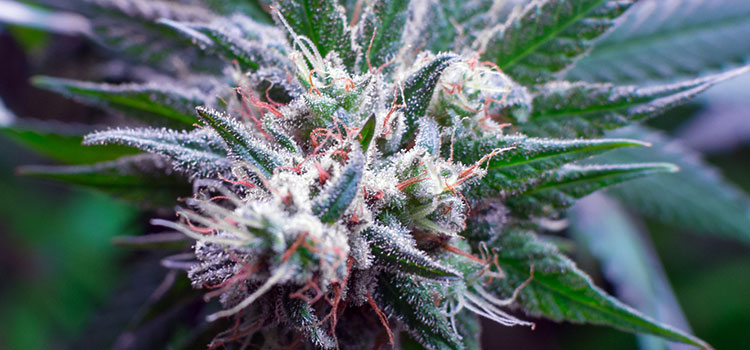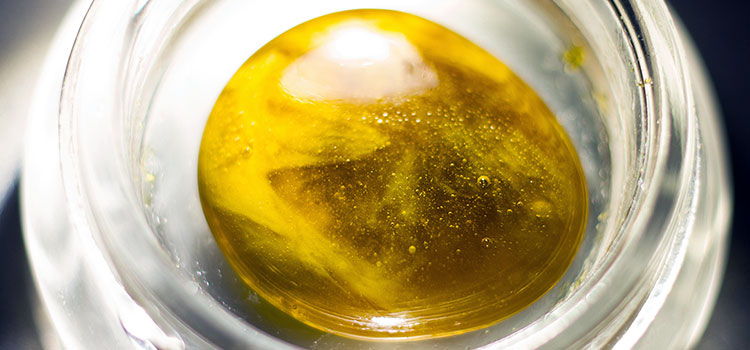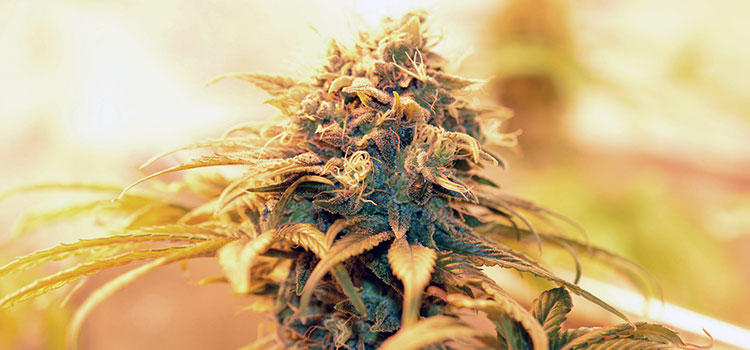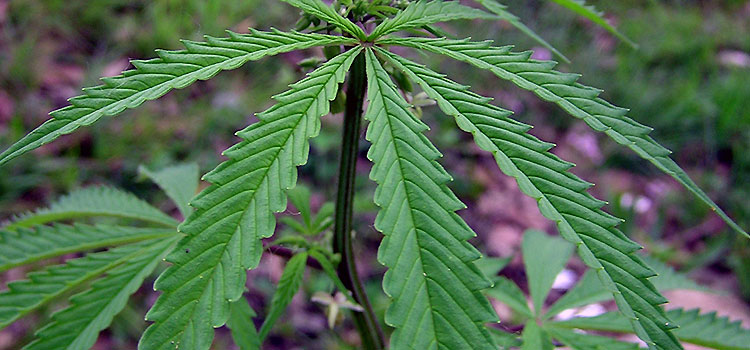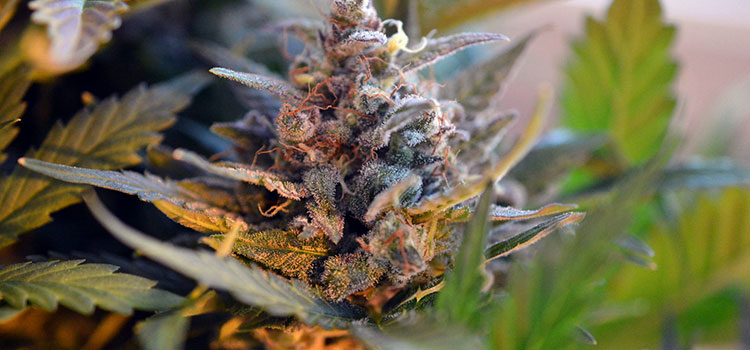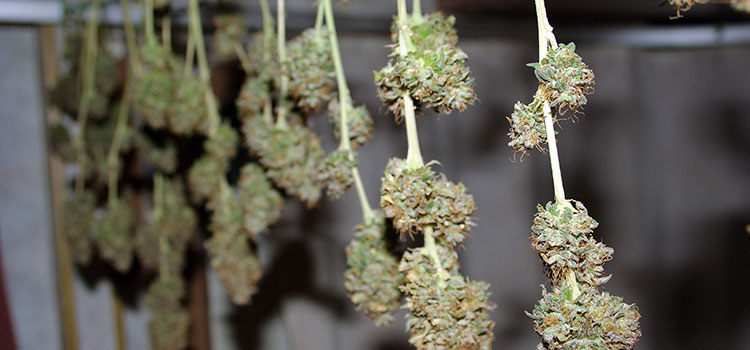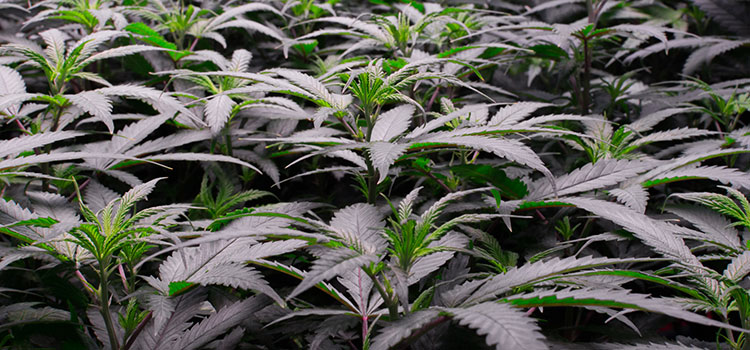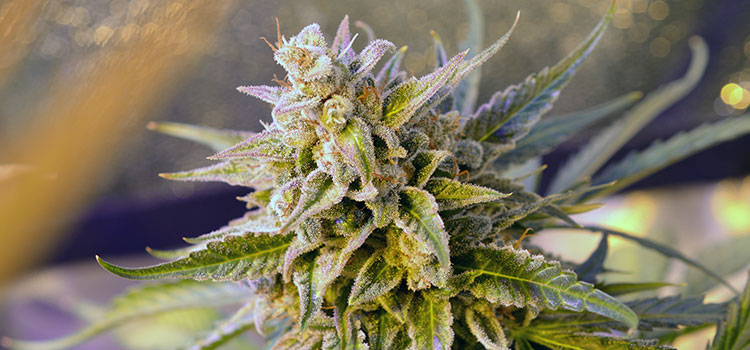One of the companies initially ranked outside of the top 15 rankings for a preliminary cultivation license by the Maryland Medical Cannabis Commission that was awarded a license is represented by top Annapolis lobbyist Gerard E. Evans and counts his son-in-law Richard Polansky among its equity investors, the Baltimore Sun reports.
Holistic Industries was awarded the contract despite its initial low-ranking after the commission reconsidered an earlier vote and removed two companies ranked higher on “geographical diversity” grounds. The decision sparked a lawsuit by GTI Maryland and Maryland Cultivation and Processing — two companies who ranked within the top 15 but were pushed out by the commission vote.
Evans claims neither he nor his daughter Hayley Evans, Polansky’s wife who is registered as a Holistic lobbyist, lobbied any of the commissioners or their staff. The patriarch said he only monitored legislation and helped prepare the company’s application, adding that his daughter only registered as a lobbyist for Holistic out of “an abundance of caution.” Mr. Evans billed Holistic $90,000 from November 2015 through April 2016, according to State Ethics Commission filings. Mrs. Evans did not report any earnings from Holistic.
“It was a great opportunity for [Polansky] and he took it,” Mr. Evans said in the report. “He’s a businessman on his own.”
In a statement, MMCC Chairman Dr. Paul Davies said it would be “unacceptable for any commissioner to have ex parte discussions” with associated of potential licensees, “particularly discussions that could provide unfair guidance or an advantage.” Commissioners also signed sworn affidavits promising that they would not discuss any of the information contained in the applications during their review, under penalty of perjury.
“Safeguarding the objectivity of the Commission’s application process is always a priority,” he said.
The Legislative Black Caucus is also seeking a review of the licensing process due to the lack of minority and women-owned businesses approved by the body.
End
